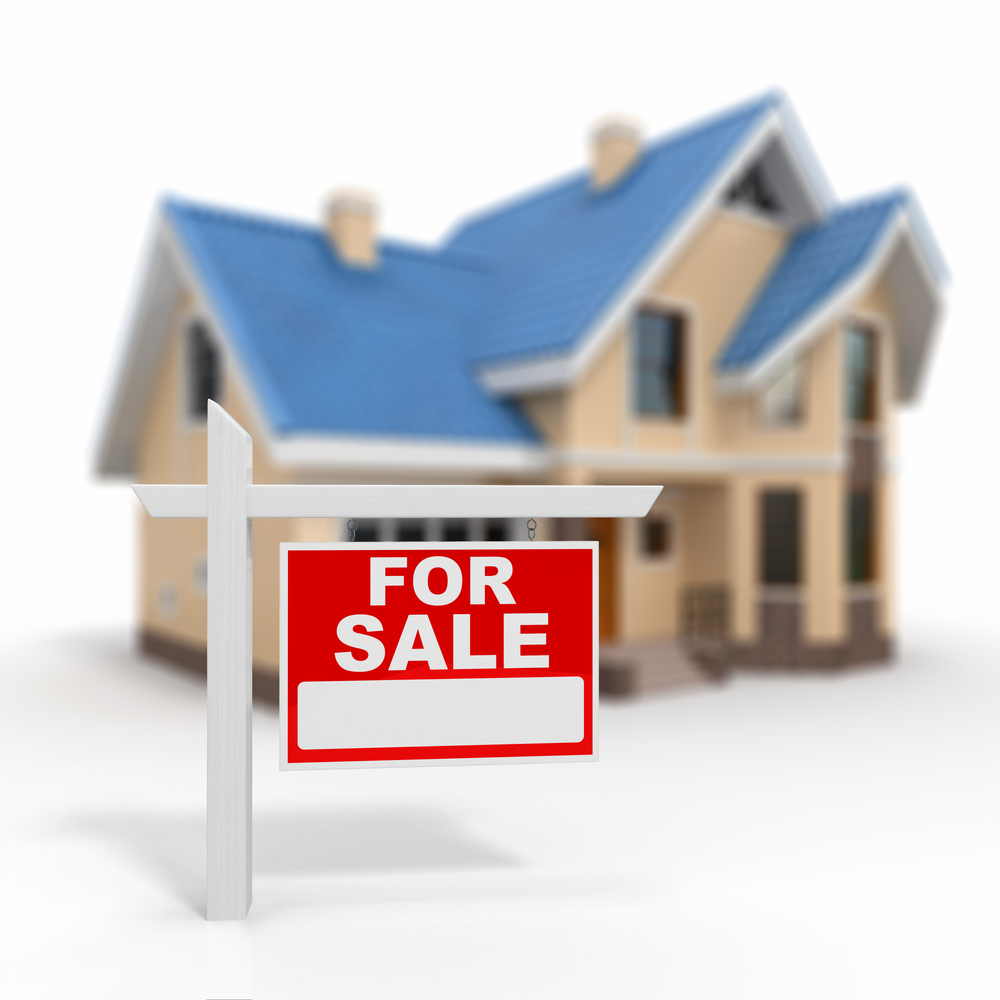Facebook is worth $220 billion and counting. It comes as no surprise that when the company takes over a chunk of Menlo Park to build its state-of-the art campus, the city sees a seismic change in the local real estate market.
According to information form the Silicon Valley Association of Realtors, single-family home sales increased by 41.9 percent from 2012 to 2014. The increase is even more pronounced in East Palo Alto, a predominantly minority enclave that appears to be the last remaining area offering affordable housing in northern California’s hot housing market. Sales of single-family homes grew by 75.6 percent from 2012 to 2014 in East Palo Alto.
While the job market remains solid in California’s technology hub, low-income communities on the fringes of these areas face the real possibility of being priced out of their own neighborhoods. Many of these homes were affected by the foreclosure crisis, but they have since been sold and re-sold, with each transaction effectively raising home prices, to satisfy the growing need for housing and commercial space.
The real estate decisions of large tech players, such as Facebook, have driven real estate prices higher. The influx of cash-rich homebuyers from abroad contributed to higher demand on limited inventory, driving prices even higher. With rising home prices in tech cities like Palo Alto, housing has been a better investment than the S&P 500 over a 16-year period with less volatility to boot.
It is time for local governments to demand greater commitment from big corporations like Facebook to contribute to infrastructure development and creation of affordable housing to ensure sustainable and inclusive communities.

